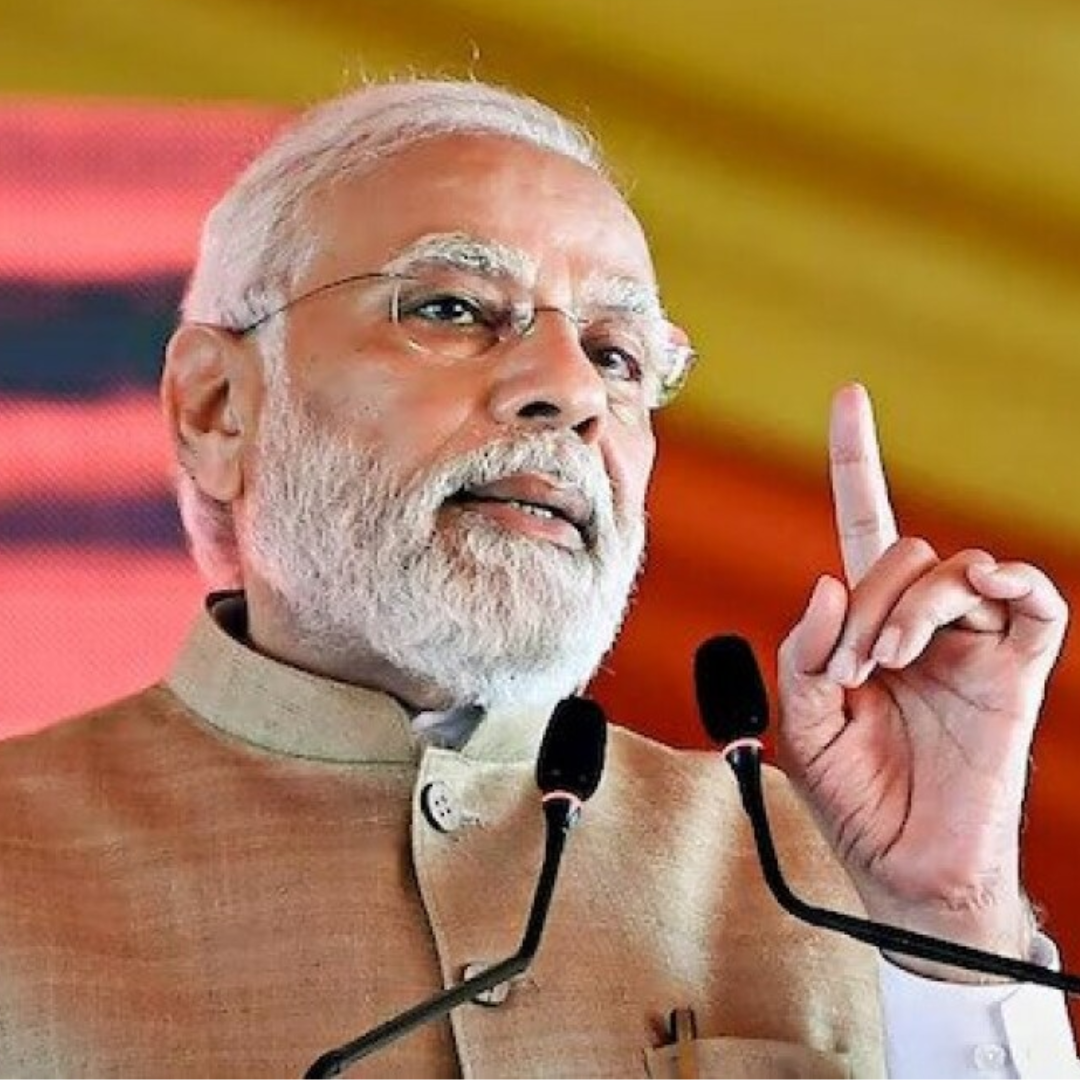Don't have an account?
Login to EaseMyDeal

2024-02-06
1003
In a recent address to the nation, Prime Minister Narendra Modi reiterated his unwavering commitment to positioning India as the third largest economic power globally during his third term in office. This ambitious vision sets a bold trajectory for the nation's economic future, reflecting both the aspirations of the Indian people and the government's determination to propel the country to new heights on the world stage.
India, with its vast population, diverse culture, and burgeoning technological prowess, has long been viewed as a promising emerging market on the global economic landscape. Under Prime Minister Modi's leadership, the country has embarked on a journey of comprehensive reforms aimed at unlocking its full economic potential and fostering sustainable growth across all sectors.
One of the cornerstones of this vision is the emphasis on bolstering India's manufacturing sector through initiatives like "Make in India." This flagship program seeks to transform India into a global manufacturing hub by attracting investment, fostering innovation, and enhancing the ease of doing business. By promoting domestic production and reducing dependence on imports, the government aims to create millions of jobs, boost exports, and catalyze economic growth.
Additionally, Prime Minister Modi has championed the cause of digital empowerment, recognizing the transformative power of technology in driving inclusive development. Initiatives such as "Digital India" and "Startup India" are aimed at harnessing the potential of digital technologies to empower citizens, improve service delivery, and foster entrepreneurship. By leveraging India's vibrant startup ecosystem and promoting digital innovation, the government seeks to position the country as a leading player in the global digital economy.
Infrastructure development occupies a central place in the government's economic agenda, with ambitious projects such as the "National Infrastructure Pipeline" aimed at modernizing India's transportation network, power infrastructure, and urban amenities. By investing in critical infrastructure, the government aims to enhance productivity, attract investment, and improve the quality of life for all citizens.
Furthermore, Prime Minister Modi has placed a strong emphasis on sustainable development and environmental conservation as key pillars of India's economic strategy. Initiatives such as the International Solar Alliance and the Swachh Bharat Mission underscore the government's commitment to promoting clean energy, environmental sustainability, and public health. By embracing renewable energy sources, enhancing waste management practices, and combating climate change, India aims to build a greener, more resilient economy for future generations.
The vision of making India the third largest economic power is not without its challenges and obstacles. The country continues to grapple with issues such as poverty, inequality, and bureaucratic red tape, which pose significant hurdles to inclusive growth and development. Addressing these challenges will require concerted efforts from both the government and the private sector, as well as innovative policy interventions and effective implementation mechanisms.
Moreover, India's aspirations for economic leadership are intricately linked to its ability to navigate the complex geopolitics of the 21st century. In an increasingly interconnected world, where economic power is closely intertwined with strategic influence, India must forge strong partnerships and alliances while safeguarding its national interests. By engaging proactively with regional and global stakeholders, India can leverage its growing economic clout to shape international agendas and promote peace, stability, and prosperity.
In conclusion, Prime Minister Narendra Modi's vision of making India the third largest economic power reflects a bold and ambitious agenda for the nation's future. By prioritizing economic reforms, digital empowerment, infrastructure development, and sustainable growth, the government seeks to unleash India's full potential and propel the country to new heights of prosperity and prominence on the global stage. While the path ahead may be challenging, with determination, innovation, and collective action, India can realize its aspirations and emerge as a powerhouse of the global economy in the years to come.

Write A Comment